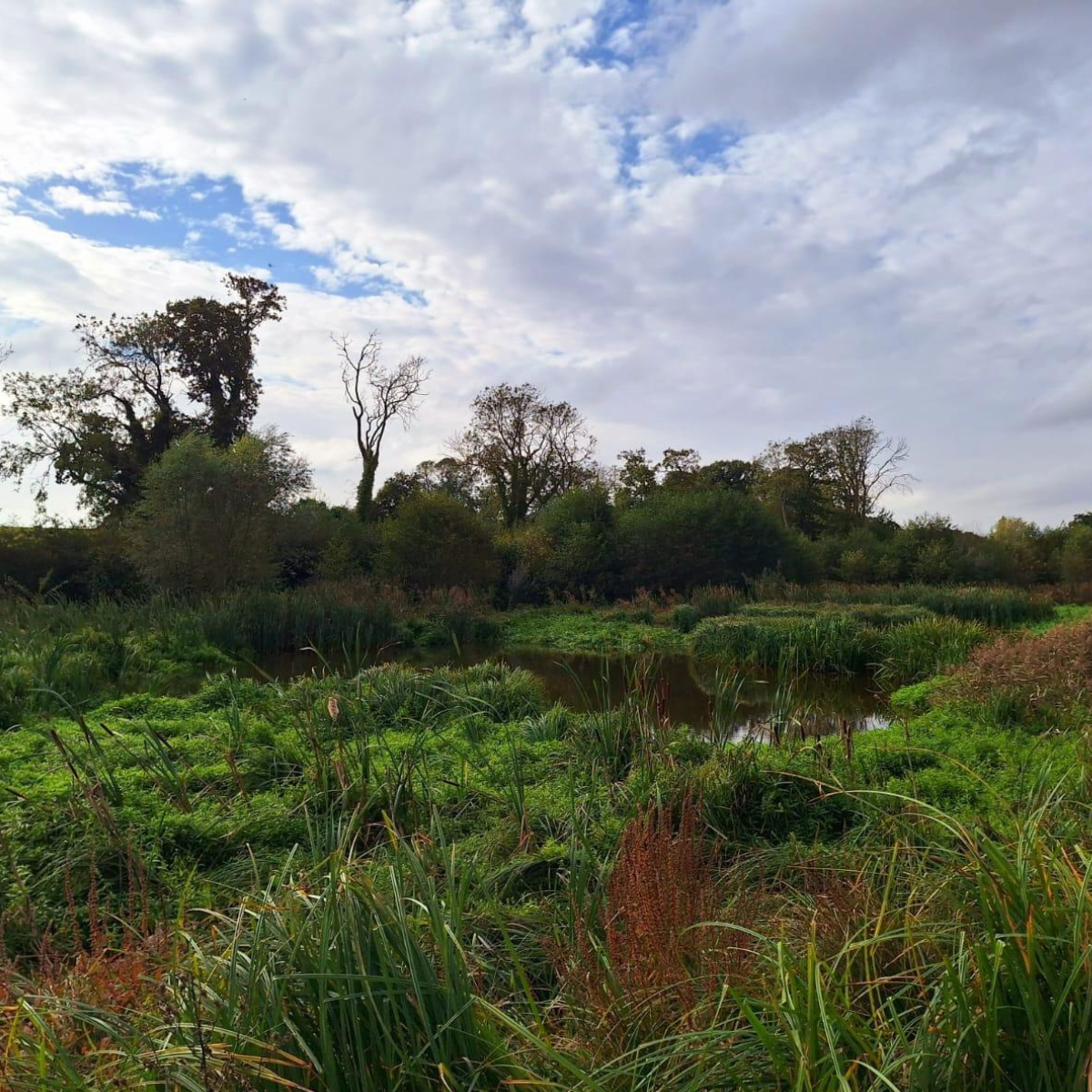Water Resilience - Finding The Balance

Hosted by UKELA Southwest, Envireau Water's Chairman and Water Management Specialist
James Dodds recently shared his expertise regarding the challenges currently facing the UK water industry in 2024. The third in a series of talks, James explored the topic of water resilience currently faced by the sector, and the importance of implementing a dynamic yet delicate balancing act when addressing such issues to effectively manage our water cycle and achieve sustainability and security.
Industry Issues
The first challenge James examined surrounded the issues relating to water regulations management, which take on three forms:
- Demand: James stressed the competing demands for water across the country, with examples linking to drinking/sanitation, the environment, energy, and growing and processing food, to name a few. Trying to balance demand and meet everyone’s needs is a constant, complex job, which will only get harder as the rate of water usage in the UK continues to climb.
2. Availability: The availability of water varies and is dependent on numerous factors. For instance, summertime generally has less resources available than winter. However, it can also significantly vary year to year, and from month to month. One example is 2023, with an extremely dry February but extremely wet October – and not forgetting the last 6 months over 2023/24 which may be the wettest 6-month period on record.
3. Time: Time is the balancing act between when water is needed and when it is available. We live in an uncertain world, with increasingly warmer and wetter conditions present across the UK.
The Water Cycle
To further understand the issues of water regulations management, James explained the crucial elements of the water cycle, and the importance of its careful management. One area of discussion was the ability to recognise and understand its structure as a cycle. All the pathways within it are interdependent; you can’t change one without impacting another. By moving water out of one pathway and to another, the speed of the completion of one process and the local balance of the cycle will alter, which may or may not pose a problem. However, whilst the speed and positioning of water in the cycle may vary, the total amount will always be balanced. It is important to remember that we don’t create new water on the planet, we simply move it through the cycle, within which the balance is maintained throughout its entirety.
Balance
James continued his discussion by acknowledging the complexities of balancing demand within the cycle. With nearly 67 million people in the UK, all with competing interests, it is extremely difficult to try and provide water in the right quantity, in the right place, at the right time. Consequently, James emphasised the need to adopt a holistic approach and to allow for interventions when it comes to water resource management, if we are to successfully take water from one part of the cycle to support what we all want to do as people. It’s all about a tricky balance, however with a rounded approach adopted, decisions can be made, priorities can be set, and variables can be considered.
Managing The Balance
It is no secret that trying to maintain such balance is complex and is often accompanied by a high degree of uncertainty. However, James assured that a prediction with confidence is possible, as the fundamental science behind the system is well understood. Components can be quantified and modelled, and interactions can be understood and tested, albeit depending on the data available. To understand this concept in greater detail, James referred to an analogy of cog wheels interacting with each other; you can change one cog or make it go faster or slower, but if you stop one, then all the connected cogs will stop.
Time
The entire water cycle is variable in terms of time, including both the availability and demand for water, to which different parts respond at different rates to the same stimulus. To emphasise such variability, James discussed the seriousness of the 2022-23 drought and flooding which greatly impacted the UK towards the end of 2023/early 2024 and continues to do so. With such examples highlighting the unpredictability and time dependency of the water cycle, James stressed the significance of being able to recognise the variability of the cycle’s time dependency to help stay prepared for any future weather-related incidents, which may be especially applicable due to the inextricable link between the weather and climate change.
Resilience, certainty, and flexibility
As well as trying to balance supply and demand, an important takeaway highlighted in James’ discussion was the ability to balance resilience, certainty, and flexibility to be able to understand the likely outcomes of each variable and effectively aid in the management of the water cycle. The importance of flexibility cannot be overstated. From issues relating to water regulations management to the unpredictability of the weather, we need to be able to deal with any issues whilst maintaining consideration of the potential consequences on the whole cycle.
Who is responsible for what?
To further understand the significance of adopting a resilient and flexible approach to water management, James examined the management and responsibilities of current UK organisations. One question revolved around existing policies that have been ‘set in stone’ for others to follow, however James queried the successful integration of such policies and whether these systems are resilient, certain, and flexible, or whether they operate in isolation, and are thus part of the problem rather than the solution.
Final thoughts
Ultimately, the concept of balance was the crucial element discussed throughout James’ presentation. The balance between trying to manage water resources alongside competing demands and adopting a dynamic, resilient, yet flexible approach when making management decisions, is critical.
However, James highlighted that there is no such thing as the perfect balance, with the key being intelligent discussion about priorities and how these may change. Flexibility is crucial to be able to do this effectively. What may work today may not work tomorrow, making a flexible approach key in being able to tolerate change and consider the impact these decisions may have on water users, whoever and whatever they are.
#ItsAllAboutBalance
About Envireau Water
Envireau Water is a team of expert water scientists and engineers who provide guidance on the management and regulation of natural water systems across the UK. By working collaboratively with our clients and regulators, we deliver robust, sustainable solutions that meet the requirements of all stakeholders. With an incredibly loyal client base and our ability to work seamlessly throughout the four nations of the UK, many of our clients know us individually and trust us to find resolutions to their water problems for years to come.






Let's Connect
Get in touch if you have any questions
Newsbite Sign Up
Receive monthly emails highlighting technical and regulatory updates
Join the Newsletter
Thank you for signing up! Keep an eye on your inbox on the last Friday of every month for our monthly newsletter.
There was an error sending your submission. Please try again or email us on info@envireauwater so we can add you to the list!
Let's Connect
Get in touch if you have any questions
Join the Newsletter
We will get back to you as soon as possible
Please try again later
Let's Connect
Get in touch if you have any questions
Join the Newsletter
We will get back to you as soon as possible
Please try again later




